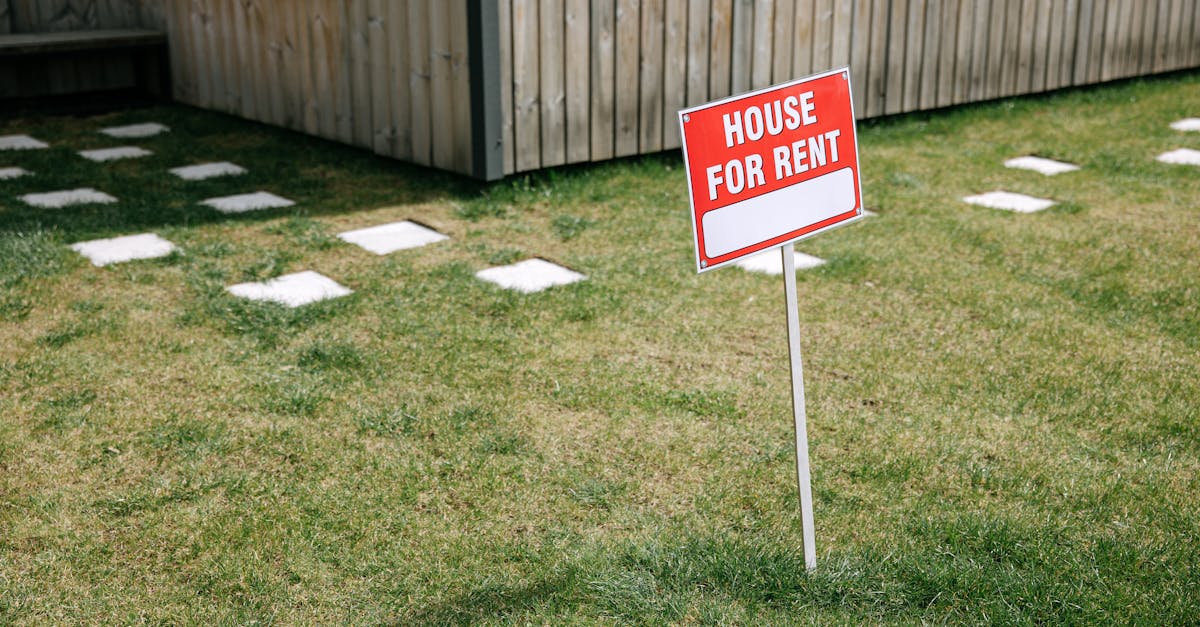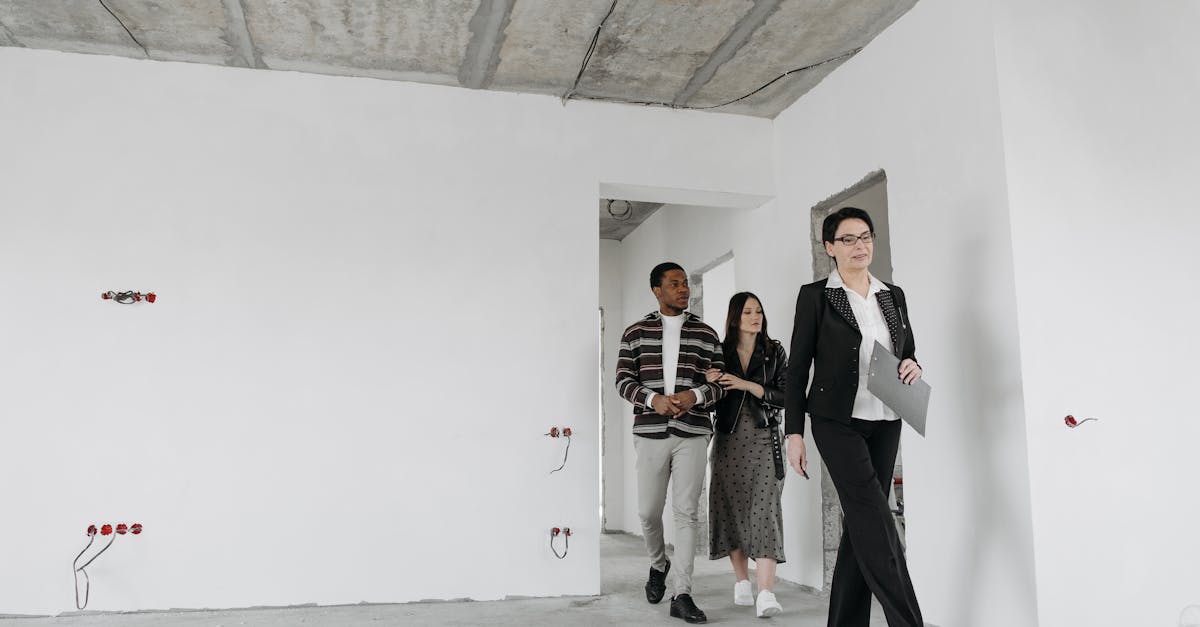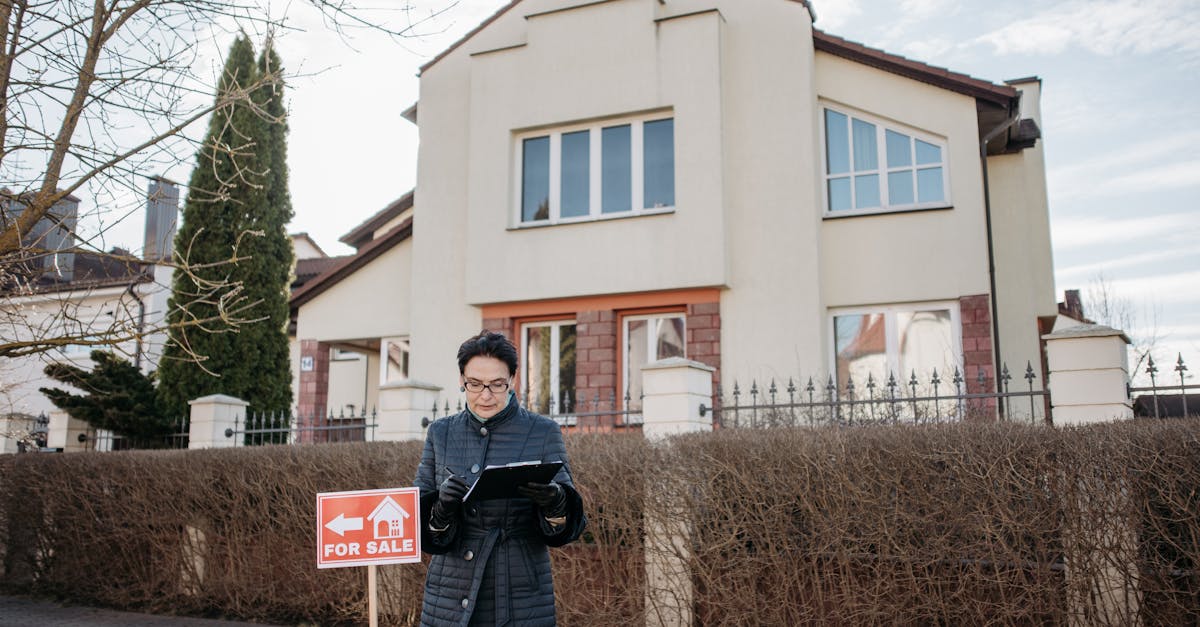Renting Vs Buying Which Is Right For You
Introduction
In today's housing market, the decision between renting and buying is a significant financial choice that can shape your lifestyle and future. While some people dream of the stability and investment benefits of homeownership, others value the flexibility and lower responsibilities that come with renting. Numerous factors, including financial readiness, lifestyle preferences, and long-term plans, influence this decision. Housing costs, potential for property appreciation, and market conditions also play a critical role. Understanding the complexities of each option helps in making an informed decision. This article delves into the varied aspects of renting and buying, offering insights to help you evaluate which option suits you best.
Advertisement
Financial Considerations
When considering whether to rent or buy, financial implications are often the primary concern. Buying a home involves a substantial upfront investment, including a down payment, closing costs, and ongoing maintenance expenses. On the other hand, renting typically requires a security deposit and monthly rent. Mortgage interest rates, property taxes, and insurance are additional costs for homeowners, which can add up over time. With renting, budget predictability is higher, as tenants are not responsible for property taxes or unexpected repair costs. However, renters miss out on potential property value appreciation and tax deductions associated with homeownership. Assessing your financial strength and budgeting capability is crucial before making this decision.

Pixabay/Pexels
Advertisement
Lifestyle and Mobility
Lifestyle preferences significantly impact the choice between renting or buying. Renters enjoy the freedom to move with relatively short notice, making it ideal for people who prioritize travel, job mobility, or less permanent locations. Leasing agreements often include maintenance, so renters typically spend less time managing repairs or renovations. Conversely, homeowners enjoy stability and the freedom to modify and personalize their space without landlord restrictions. They can establish roots in a community and build long-term neighborly relationships. Therefore, if your life situation necessitates flexibility, renting might be more suitable.
Advertisement
Market Conditions
Understanding real estate market trends is advised when contemplating buying. In certain markets, property prices may be on the rise, presenting a lucrative investment opportunity, while in others, prices might be declining. Renting can be advantageous in declining or unstable markets, potentially allowing people to live in desirable locations without the long-term financial commitment. Conversely, purchasing a home in a buyer's market can reap financial rewards and outpace rental costs in the long run. Prospective buyers should study current real estate trends and predict future market trajectories to make an educated choice.
Advertisement
Personal Investment and Control
Homeownership offers tangible equity growth over time, potentially providing a financial safety net and retirement asset. Unlike renters who pay rent without return, homeowners can benefit financially from asset appreciation. Additionally, buyers have autonomy over home modifications, property improvements, and landscape adjustments. Renters may face limitations imposed by landlords, restricting customization. However, renters are free of the financial burden of extensive home repairs and renovations. Consider the importance of long-term financial investment and the level of personal control you desire over your living space.
Advertisement
Maintenance and Responsibilities
Owning a home comes with ongoing responsibilities, including maintenance and repairs, which can vary in cost and demand time and attention. As a renter, such commitments are nominal, with most responsibilities falling to the landlord. While homeowners might find pride and empowerment through property improvements, not everyone wishes to invest in time-consuming maintenance projects. Weigh the eagerness to take on these responsibilities against the simplicity and convenience that renting can offer. This assessment can clarify which option aligns better with your lifestyle.
Advertisement
Potential for Revenue
Another key consideration is the possibility of generating revenue from your property. Homeowners can offset mortgage expenses by renting out part of their property or listing on short-term rental platforms. This potential for additional income can make owning appealing, especially in tourist-heavy areas or college towns. In contrast, renters do not have this opportunity, but they enjoy freedom from the obligations and responsibilities that come with being a landlord. Contemplate your capability and interest in using your property as a revenue tool when deciding.
Advertisement
Future Plans and Stability
Assessing personal and professional future plans is essential when deciding between buying and renting. If you're planning to expand your family, settle in a stable job, or establish long-term roots, purchasing might be ideal. In contrast, unpredictable career demands or fluctuating personal goals may align better with the flexibility renting provides. Acknowledging your current situation while considering potential changes is essential to ensure that your living situation adequately supports your life and career goals.
Advertisement
Tax Implications and Benefits
Homeowners may gain appeal in the form of tax benefits through interest deductions, giving possible financial advantages over renting. Mortgage interest and property tax deductions support homeowners by reducing taxable income, serving as a potential financial boon come tax time. Renters do not receive these tax breaks; however, they benefit from a reduced financial burden overall without worrying about depreciation or poor investment returns in a turbulent market. Calculating potential tax savings versus upfront costs can clarify financial outcomes of homeownership.
Advertisement
Conclusion
Ultimately, the decision between renting and buying hinges on your individual financial standing, lifestyle priorities, and future goals. If flexibility, simplicity, and less financial burden are significant to you, renting could align with your needs. Conversely, for those eager to put down roots, personalize their environment, and grow financial equity, buying might be more suitable. Carefully weigh the pros and cons outlined in this article to guide your decision-making process. Remember, every living situation is unique, and finding the right balance will allow you to feel most at home.
Advertisement


